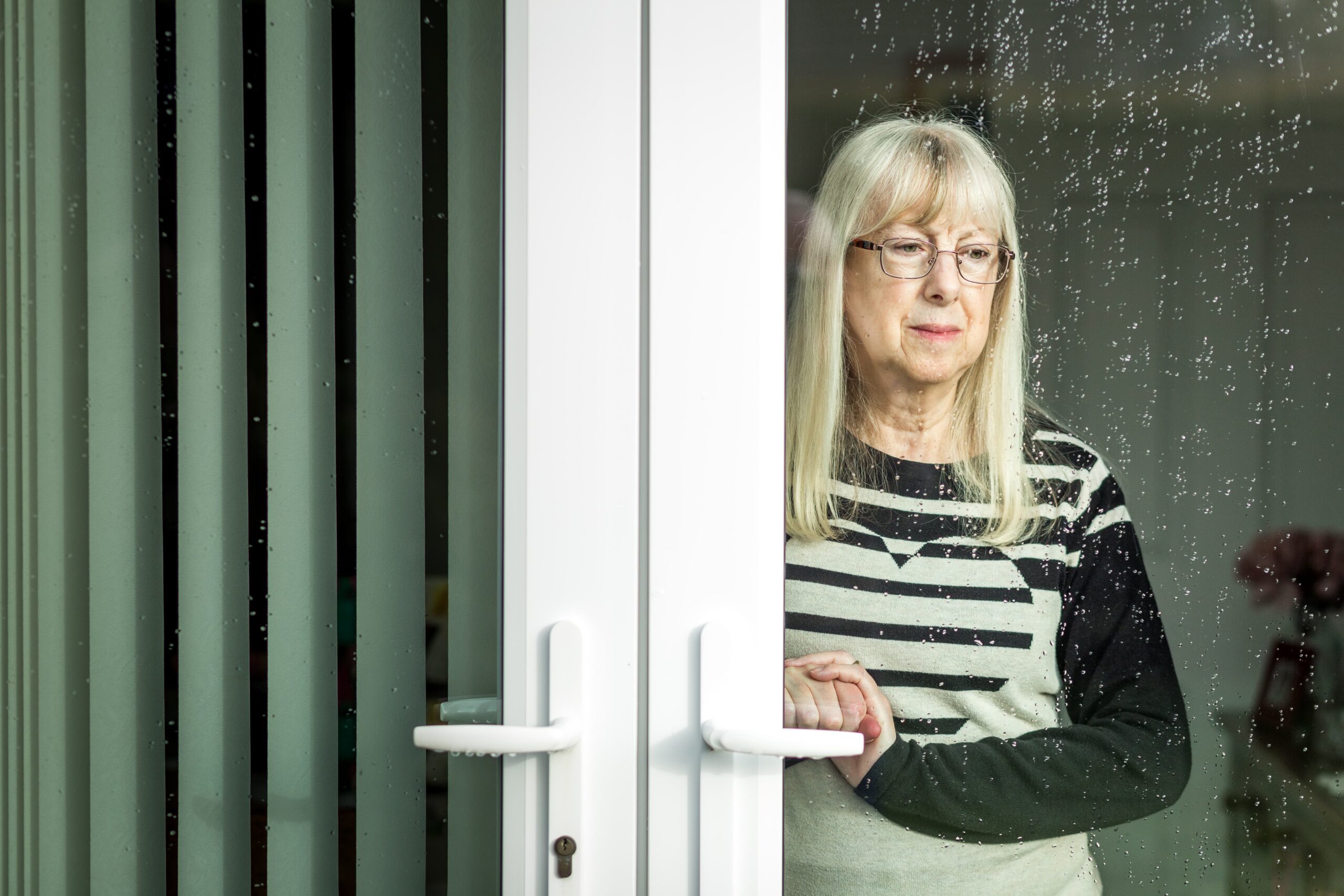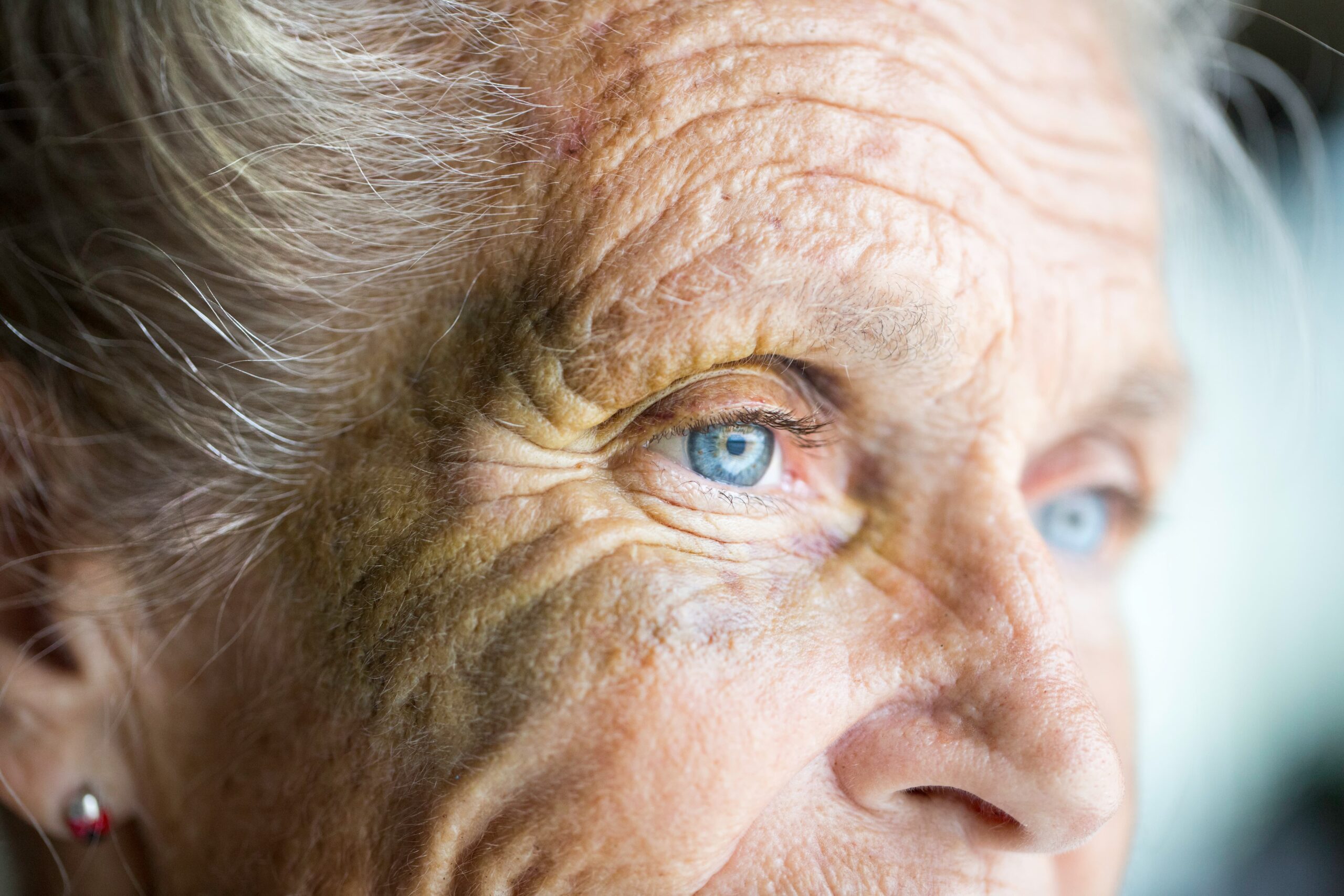Is Your Loved One Getting Abused in the Nursing Home?
You want the best for your elderly family members, and sometimes that can mean placing them in a care facility. If your loved one lives in a nursing home, directly influencing their caretaking is more difficult. So if someone there were abusing your loved one, wouldn’t you want to find out about it and put an end to it as soon as you can?
The National Center on Elder Abuse (NCEA) reports that one in ten adults over the age of 60 has experienced some kind of abuse. According to the National Council on Aging (NCOA), abused elders have a 300 percent higher risk of death than their unabused counterparts. Elder abuse takes many forms, such as physical abuse, emotional abuse, psychological abuse, sexual abuse, financial exploitation, neglect, and abandonment. Recognizing the signs of these types of abuse will help you protect your loved ones.
Know the Signs
- Physical signs: Watch for burns, cuts, bruises, sprains, and broken bones, especially if they keep recurring. If your loved one doesn’t want to see the doctor for their injuries, it may mean they were abused.
- Emotional and psychological signs: If your loved one acts withdrawn or frightened, rocks back and forth, mumbles, gets depressed or confused, loses interest in hobbies, has trouble sleeping, or experiences sudden unexplained behavior changes, they might have been abused emotionally or psychologically.
- Sexual signs: Torn or bloody clothes, sexually transmitted diseases, and genital bruising or bleeding all suggest that your loved one has been sexually abused.
- Financial signs: Victims of financial exploitation often have bank account withdrawals they can’t explain, new “friends” who take advantage of them, missing financial statements or legal documents, altered legal documents, unpaid bills, ended utility services, eviction notices, or documents with forged signatures. If you notice any of these signs, your loved one may have been exploited.
- Signs of neglect: Poor hygiene, dirty clothes, sudden loss of weight or appetite, bedsores, or missing dentures, glasses, hearing aids, or walkers can all signify that your loved one is not getting the care they need.
Report Abuse
If you have definitive evidence that your loved one was abused, report it immediately. Even if you only have a hunch, bring up your concerns with nursing staff and nursing home management. If the signs persist, report them to Adult Protective Services and consider bringing a case against the nursing home. Document any evidence of abuse that you notice.
Hopefully, you can prevent abuse before it ever happens. But if the signs are already there, consult Bachus & Schanker for expert legal help. Contact us today for a free case evaluation.






